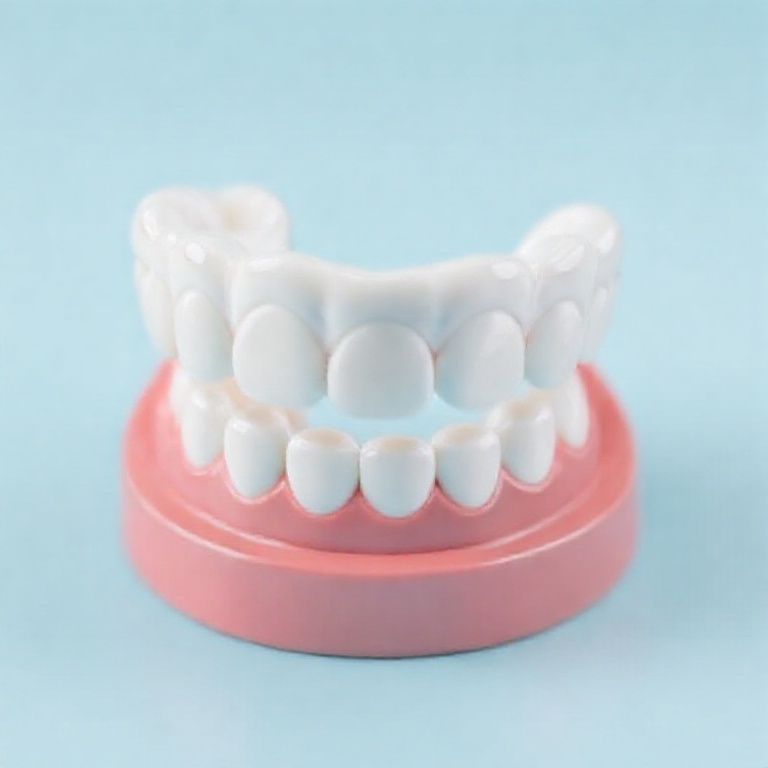Unveiling the dental bridge cost in mexico: A Comprehensive Guide for Savvy Patients
For many people, the gleaming smile they see in advertisements seems out of reach due to the high cost of dental procedures in the United States and Canada. Missing teeth can not only affect aesthetics but also hinder chewing function and self-confidence. Dental bridges offer a reliable solution to replace missing teeth and restore a complete smile. However, the price tag associated with bridges in North America can be a significant barrier. This is where Mexico emerges as a compelling destination for dental tourism, offering high-quality dental bridges at a fraction of the cost.
This comprehensive guide delves into the intricacies of dental bridge cost in mexico, empowering you to make informed decisions about your dental care. We’ll explore the factors influencing bridge pricing, the different types of bridges available, and the potential cost savings achievable by seeking treatment south of the border.

The Allure of Dental Bridges in Mexico
Mexico has become a popular destination for dental tourism due to a unique combination of factors:
- Cost Savings: Dental procedures in Mexico are significantly cheaper compared to the United States and Canada. This disparity can range from 50% to 80% savings, making dental bridges a much more accessible option for budget-conscious patients.
- Qualified Dentists: Mexico boasts a large pool of highly skilled and experienced dentists. Many dentists have received their training in the US or Canada and are proficient in English, ensuring clear communication throughout the treatment process.
- Modern Facilities: Dental clinics in Mexico are equipped with cutting-edge technology and utilize modern materials and techniques to deliver high-quality dental care.
- Convenience and Appeal: Many dental clinics in Mexico cater specifically to international patients, offering convenient appointment scheduling and tourist-friendly amenities. The proximity to the US and Canada makes travel and logistics manageable.
Understanding Dental Bridge Costs in Mexico
The cost of a dental bridge in Mexico is not a one-size-fits-all proposition. Several factors influence the final price you’ll pay:
- The Number of Missing Teeth: A bridge replaces one or more missing teeth. The number of teeth the bridge spans directly affects the cost. A bridge replacing a single tooth will naturally be cheaper than a bridge spanning multiple teeth.
- The Type of Bridge Material: Several materials are used for dental bridges, each with varying aesthetics, durability, and cost implications. Here’s a breakdown of the common bridge materials:
- Porcelain-Fused-to-Metal (PFM): This is the most widely used bridge material, offering a balance of affordability and aesthetics. The metal framework provides strength, while the porcelain exterior mimics the look of natural teeth.
- Zirconia: Zirconia bridges are known for their exceptional strength, durability, and natural-looking aesthetics. They are a good choice for patients seeking a metal-free alternative. However, they tend to be more expensive than PFM bridges.
- Cantalever Bridges: These bridges are used when only one adjacent tooth is available to support the bridge. They are less common due to the increased stress placed on the supporting tooth.
- Maryland Bridges: These bridges are a conservative option for replacing front teeth. They utilize bonded wings to attach to the neighboring teeth instead of crowns.
- Complexity of the Procedure: In some cases, additional procedures might be necessary before bridge placement. For example, if a tooth requires root canal treatment before being used as a bridge anchor, this will add to the overall cost.
- Location of the Dental Clinic: Dental bridge costs can vary slightly depending on the location of the clinic. Clinics in tourist hotspots might command slightly higher prices compared to those in less frequented areas.
A Cost Breakdown: Dental Bridges in Mexico vs. US/Canada
To illustrate the cost savings, let’s compare the estimated price range for dental bridges in Mexico with those in the US and Canada:
| Type of Bridge | Mexico (USD) | US/Canada (USD) | Savings |
|---|---|---|---|
| 3-Unit Porcelain-Fused-to-Metal | $1,350 – $1,650 | $2,000 – $4,000 | 50% – 67% |
| 3-Unit Zirconia | $1,700 – $2,000 | $3,000 – $5,000 | 40% – 60% |
| 4-Unit Porcelain-Fused-to-Metal | $1,800 – $2,200 | $3,500 – $5,500 | 50% – 60% |
Beyond the Price Tag: Factors to Consider for Dental Bridges in Mexico
While cost is a significant factor, it shouldn’t be the sole deciding element when considering dental bridges in Mexico. Here are some additional aspects to ponder:
- Dentist Qualifications and Experience: Research the dentist’s credentials and experience. Look for dentists who hold memberships in reputable dental associations and have experience specifically with dental bridges. Many clinics offer online profiles with information about their dentists.
- Clinic Reputation and Facilities: Investigate the clinic’s reputation by reading patient reviews and checking their accreditations. Ensure the clinic utilizes modern equipment and maintains high sterilization standards. Some clinics offer virtual tours on their websites to showcase their facilities.
- Communication and Transparency: Clear communication is crucial throughout the treatment process. Choose a clinic with staff proficient in English to ensure you understand the procedure, materials used, and potential risks involved.
- Treatment Plan and Cost Breakdown: Obtain a detailed treatment plan outlining the specific procedures involved, the type of bridge material recommended, and a comprehensive cost breakdown before proceeding. This transparency helps manage expectations and avoids any surprises.
- Pre-operative and Post-operative Care: Inquire about the clinic’s protocol for pre-operative and post-operative care. Understand the recovery process and any follow-up appointments necessary.
Making the Choice: Mexico vs. Local Treatment
Here’s a table summarizing the key considerations when deciding between dental bridges in Mexico and local treatment:
| Factor | Mexico | Local Treatment |
|---|---|---|
| Cost | Significantly lower | Higher |
| Dentist Qualifications | Highly skilled dentists available | Varies depending on location |
| Facilities | Modern equipment and techniques | Varies depending on location |
| Convenience | May require travel planning | Readily available |
| Communication | English-speaking staff might be available | Communication might be easier |
Planning Your Dental Bridge Treatment in Mexico
Once you’ve decided to pursue dental bridges in Mexico, here are some steps to ensure a smooth experience:
- Research Potential Clinics: Start by researching dental clinics in your preferred location in Mexico. Utilize online resources, patient reviews, and recommendations from friends or family.
- Contact Clinics: Contact shortlisted clinics for consultations. Discuss your dental needs, preferred bridge material, and budget. Request a detailed treatment plan and cost estimate.
- Schedule Your Visit: Once you’ve chosen a clinic, schedule your consultation and bridge placement appointments. Consider factors like travel logistics and accommodation when planning your trip.
- Prepare for Your Visit: Gather any necessary medical records and prepare questions for your dentist during the consultation. Discuss any concerns you might have about the procedure.
Frequently Asked Questions (FAQs) About Dental Bridges in Mexico
- Is it safe to get dental work done in Mexico? Reputable dental clinics in Mexico adhere to strict sterilization protocols and utilize high-quality materials. However, thorough research and choosing a qualified dentist are essential.
- What are the risks associated with dental bridges? As with any dental procedure, there are potential risks like infection or discomfort. Discuss these risks with your dentist during the consultation.
- How long does the dental bridge procedure take? The duration can vary depending on the complexity of the case. A typical bridge placement might take one to two appointments.
- How long do dental bridges last? With proper care and maintenance, dental bridges can last for 5 to 15 years or even longer.
Conclusion
Dental bridges in Mexico offer a compelling solution for those seeking a cost-effective way to replace missing teeth and restore a complete smile. By carefully considering the factors outlined in this guide, you can make an informed decision about whether dental bridges in Mexico are the right choice for you. Remember, prioritizing quality care alongside cost savings is paramount to achieving a successful outcome.
You might also want to check out these articles for more ideas: dental implants cost in mexico


